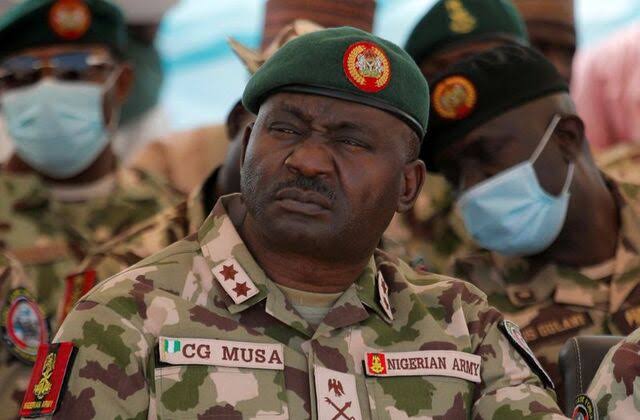On March 10, U.S. Secretary of State Marco Rubio announced the termination of 5,200 contracts that did not align with U.S. interests, resulting in losses amounting to tens of billions of dollars.
This action is part of a broader suspension of USAID projects that commenced shortly after President Trump began his second term, placing many African nations that depend on U.S. assistance in a vulnerable situation.
“Following a six-week assessment, we are officially discontinuing 83% of the programs at USAID,” Rubio stated.
He indicated that the remaining 18% of contracts would be managed more effectively by the State Department once the review by the Department of Government Efficiency (DOGE) is completed.
This significant reduction in funding is expected to lead to serious healthcare shortages in Zimbabwe, where USAID has been crucial in financing salaries for healthcare workers and improving healthcare infrastructure, particularly in rural areas.
Zimbabwean officials claim they have alternative plans to address the funding shortfall and are urging citizens to remain calm. However, critics are skeptical about the government’s capacity to make up for the reduced support from USAID.
The situation is equally troubling in South Africa, where clinics providing antiretroviral medications have closed, severely impacting thousands of HIV-positive individuals.
See More: Infection blamed for top Chinese lawmaker’s absence from key parliament session
Additionally, the crisis is worsened by the withdrawal of UK Aid and other European organizations, which previously offered vital support for development and humanitarian initiatives throughout Africa.
In light of the U.S. funding cuts, affected governments must now either boost domestic funding or seek alternative international donors to fill the void. The long-term effects on vulnerable populations in Africa remain uncertain, but there are widespread concerns regarding declining healthcare and economic instability.



